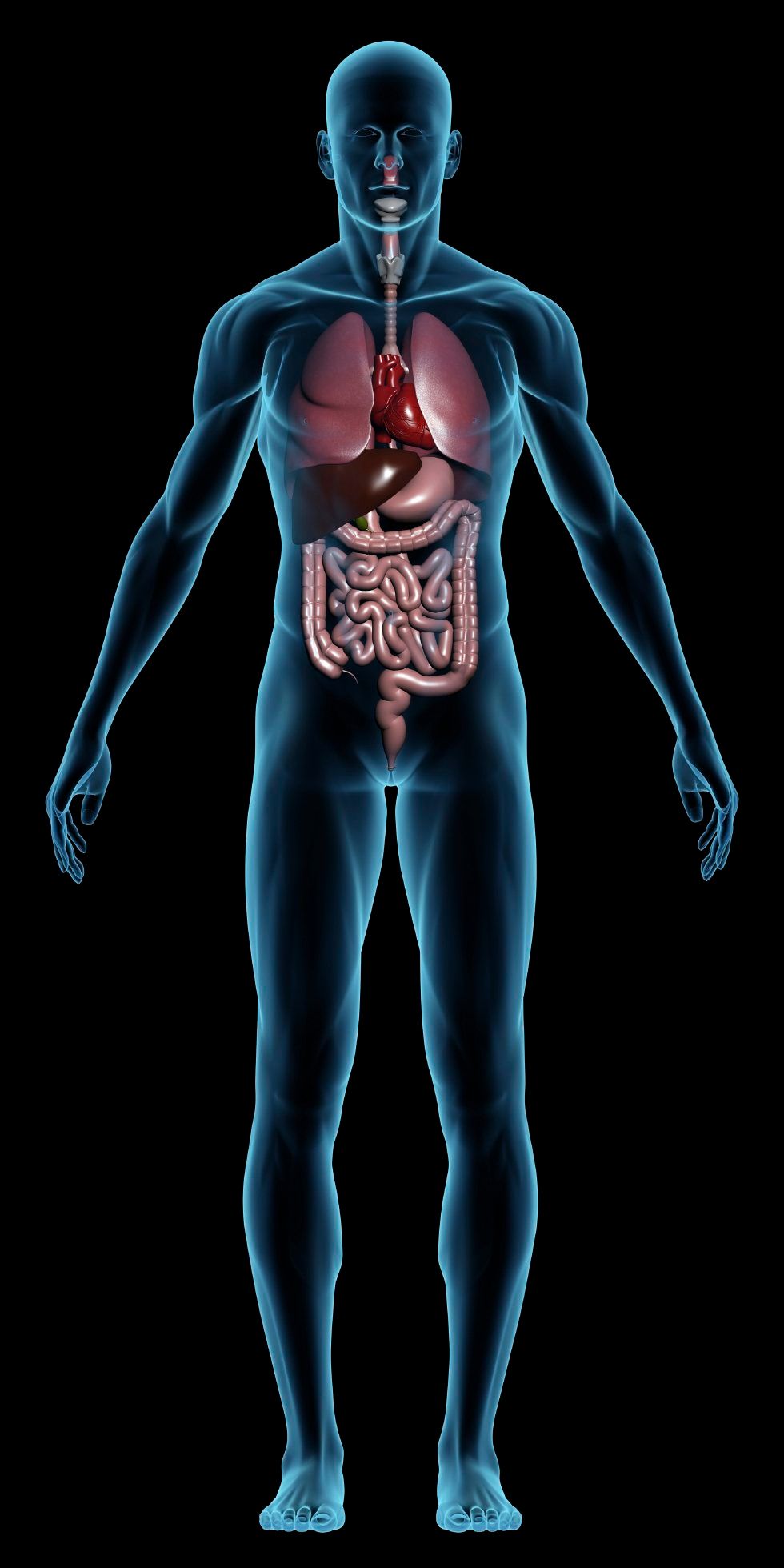Bergamot Polyphenols Tackle Liver Conditions Linked to Metabolic Syndrome
Recent studies have suggested bergamot polyphenolic fraction may offer benefits to non-alcoholic fatty liver disease (NAFLD) and non-alcoholic steato-hepatitis (NASH) in patients with metabolic syndrome.
Photo © iStockphoto.com/Max Delson Martins Santos

Several recent studies have suggested bergamot polyphenolic fraction (BPF) may offer benefits to liver conditions present in patients suffering from metabolic syndrome, including non-alcoholic fatty liver disease (NAFLD) and non-alcoholic steato-hepatitis (NASH).
HP Ingredients (Bradenton, FL), supplier of Bergamonte bergamot polyphenolic fraction, recently shared results of three studies that speak to BPF’s potential for reducing cardiometabolic risk and supporting liver health.
Most recently, a research review1 found that among patients with metabolic syndrome and NASH, recent evidence suggests those who consumed BPF experienced a significant reduction of fasting plasma glucose, serum LDL cholesterol, and triglycerides. Researchers concluded that bergamot extract may offer a beneficial effect in patients with metabolic syndrome and NASH, and BPF may play a “potential preventive role” in reducing cardiometabolic risk.
Additionally, an animal study2 published last year may have shed some new light on the mechanism of action behind BPF’s liver-supporting benefits. Researchers administered 50 mg/kg/day of Bergamonte BPF to rats in addition to a typical cafeteria diet (15% protein, 70% carbohydrates, 15% fat) for a period of three months.
Bergamot flavonoids were found to stimulate lipid metabolism and prevent accumulation of pathogenic fat in the liver by promoting its elimination through autophagy. Researchers also found that BPF prevented inflammatory changes in the liver, suggesting a slowed progression of NASH. The study revealed, for the first time, that “a mixture of natural citrus polyphenols from bergamot is able to stimulate lipophagy in the liver under hypercaloric stress,” according to researchers.
Bergamonte BPF has also been found to significantly reduce serum total cholesterol, LDL cholesterol, and triglycerides in human patients with metabolic syndrome and NAFLD. These findings come from a placebo-controlled human trial3 published in 2014, which also found bergamot derivatives may play a preventive role in reducing cardiometabolic risk by improving NAFLD biomarkers.
Read more:
Hops Flavonoid Shows Promise for Metabolic Syndrome
Cholesterol Control: Bergamot, Berberine, and Amla May Help
Michael Crane
Associate Editor
Nutritional Outlook Magazine
michael.crane@ubm.com
References:
1. Gliozzi M et al., “The effect of bergamot polyphenolic fraction in patients with non alcoholic liver steato-hepatitis and metabolic syndrome,” PharmaNutrition. Published online November 26, 2015.
2. Parafati M et al., “Bergamot polyphenol fraction prevents nonalcoholic fatty liver disease via stimulation of lipophagy in cafeteria diet-induced rat model of metabolic syndrome,” Journal of Nutritional Biochemistry, vol. 26, no. 9 (September 2015): 938–948
3. Gliozzi M et al., “The effect of bergamot-derived polyphenolic fraction on LDL small dense particles and non alcoholic fatty liver disease in patients with metabolic syndrome,” Advances in Biological Chemistry, vol. 4, no. 2 (April 2014): 129–137








